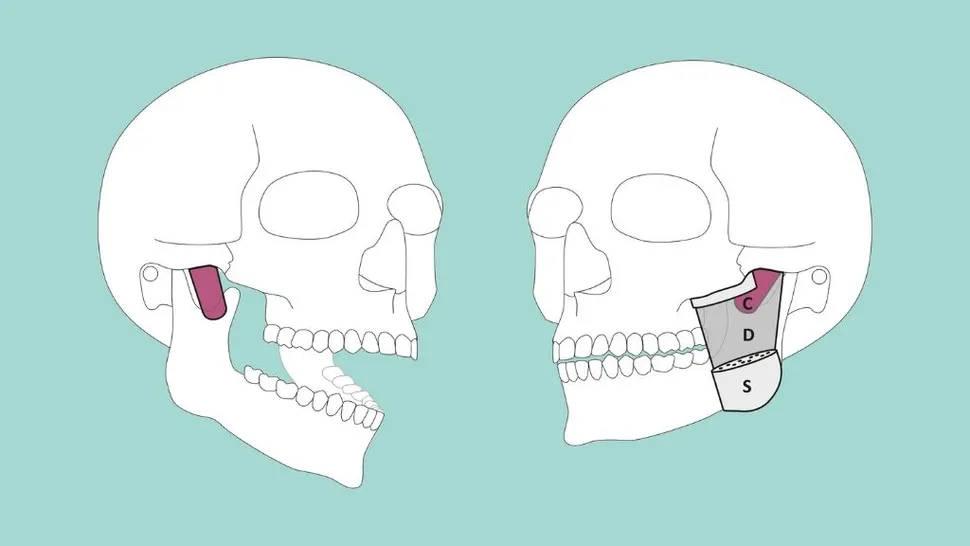A new layer of muscle on our jaw has been identified by Swiss researchers. The researchers discovered a new, deeper layer in the masseter muscle, a prominent jaw muscle located in the back of the cheek that aids in chewing.
Their findings were just published in the Annals of Anatomy Journal. Musculus masseter pars coronidea, which means the coronoid section of the masseter, is the name they propose for the muscle.
Using computer tomographic scans, the researchers conducted a detailed anatomical investigation. They looked at stained tissue slices from people who had died and MRI data from people who were still alive.

The masseter muscle is said to have two layers: a deep layer and a superficial layer, according to most theories. A third stratum was mentioned in a “few historical sources,” according to the study’s authors, but those places were found to be inconsistent.
The paper, which was published in Annals of Anatomy on December 2, details how scientists discovered a secret “super-deep layer” in the human jaw.
Researchers dissected 12 human cadaver heads preserved in formaldehyde to locate this historical element in our jaws. They also performed CT scans on 16 new cadavers and an MRI on a living individual.
They discovered an “anatomically separate” bodily part based on their assessments: the third layer of the masseter muscle.
The authors proposed that the new muscle layer be termed “Musculus masseter pars coronidea,” which means “coronoid section of the masseter,” in their study. The discovery could have clinical implications, as surgeons would be able to better perform surgeries in that region of the jaw and treat disorders with the joint that connects the jawbone to the skull if they knew more about the muscle layer, they said.


